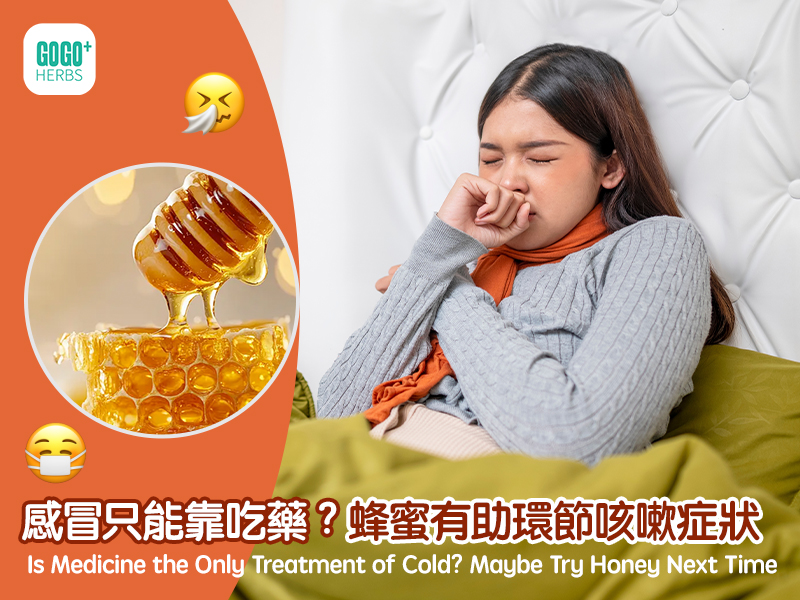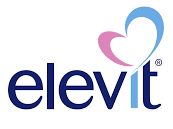
Probiotics, Honey, Garlic Help Kill Helicobacter pylori
According to past survey data, the proportion of people infected with Helicobacter pylori in Taiwan is quite high, ranging from approximately 50% to 55%. This translates to at least ten million people in Taiwan carrying this microorganism. Helicobacter pylori is a bacterium that can resist the erosion of stomach acid; long-term infection may lead to chronic gastritis, gastric ulcers, and even increase the risk of stomach cancer.
There are currently many testing methods available to determine if you are infected with Helicobacter pylori. As previously discussed in a column, several methods, including gastroscopy and carbon-13 breath tests, are effective in diagnosing whether someone is a carrier of the bacteria. Interested readers can refer to related articles to learn more about the features and applicable scenarios of these testing methods.
Once an infection is confirmed and stomach lesions have developed, regular medical treatment is usually required. The current mainstream treatment is the so-called "triple therapy," typically lasting about three weeks, which mainly combines a proton pump inhibitor (PPI), clarithromycin, and amoxicillin. Sometimes metronidazole is used instead of amoxicillin. However, with increasing bacterial resistance, the medical community has developed other alternative therapies, such as "two-in-one therapy," which mainly involves high-dose PPIs combined with amoxicillin; and "four-in-one therapy," which includes PPIs, bismuth preparations, tetracycline, and metronidazole, providing more treatment options.
As for some natural remedies circulating online or in folk medicine, such as drinking honey, eating garlic, cauliflower, or even supplementing...probioticsIs it truly effective against Helicobacter pylori? The following explanation and analysis address these common claims.
First, let's consider honey. While honey's thick texture and high osmotic pressure can indeed inhibit the growth of some bacteria—as the high osmotic environment causes bacteria to lose water and die—this does not mean that honey itself has the ability to kill Helicobacter pylori. Furthermore, when honey enters the stomach, it is quickly diluted by stomach acid, and its concentration is insufficient to produce any effective bactericidal effect. Therefore, even consuming large amounts of pure honey will not eliminate Helicobacter pylori.
Next is garlic. Garlic contains a compound called allicin, which has good antibacterial properties and is believed to be beneficial to cardiovascular health, such as lowering cholesterol, inhibiting platelet aggregation, protecting the liver, and regulating blood pressure. Although some argue that eating raw garlic has a stronger antibacterial effect, the amount of garlic consumed in a daily diet is limited, and the concentration of allicin it contains is insufficient to have a fatal impact on Helicobacter pylori. Furthermore, garlic itself is irritating to the stomach; excessive consumption may damage the gastric mucosa and even affect liver function, so caution is advised.
Let's talk about cauliflower. Some studies have indicated that sulforaphane, abundant in cauliflower, has a certain effect on inhibiting Helicobacter pylori, and even showed the ability to clear bacteria from the folds of the stomach wall in mouse experiments. However, these studies are currently only at the animal experiment stage, and no human clinical trials have yet confirmed the same effect. Therefore, while eating cauliflower is beneficial to health, expecting it to kill Helicobacter pylori is probably more of a psychological comfort, and its actual efficacy remains to be discussed.
Finally, there are probiotics. Multiple clinical studies since 2000 have shown that, while receiving traditional triple therapy for Helicobacter pylori, additional supplementation with probiotics...Lactic acid bacteriaProbiotics can not only increase the cure rate by approximately 51 TP4T to 101 TP4T, but also reduce side effects during treatment. However, this does not mean that probiotics alone can kill Helicobacter pylori. To date, no research has confirmed that probiotics alone, without the use of other medications, can effectively eradicate this bacterium. Therefore, the role of probiotics is more of an adjunctive one; they may help inhibit bacterial growth, but they are by no means a panacea.
Based on the information above, it is clear that even with the currently recognized three-in-one or four-in-one treatments, the eradication success rate of Helicobacter pylori is only about 801 TP4T to 901 TP4T. Therefore, the public should not believe claims that certain foods or folk remedies can completely eliminate Helicobacter pylori. If you suspect you are infected, it is recommended to seek evaluation from a professional physician and choose a scientific and effective treatment method; this is the right way to protect your health.




































































